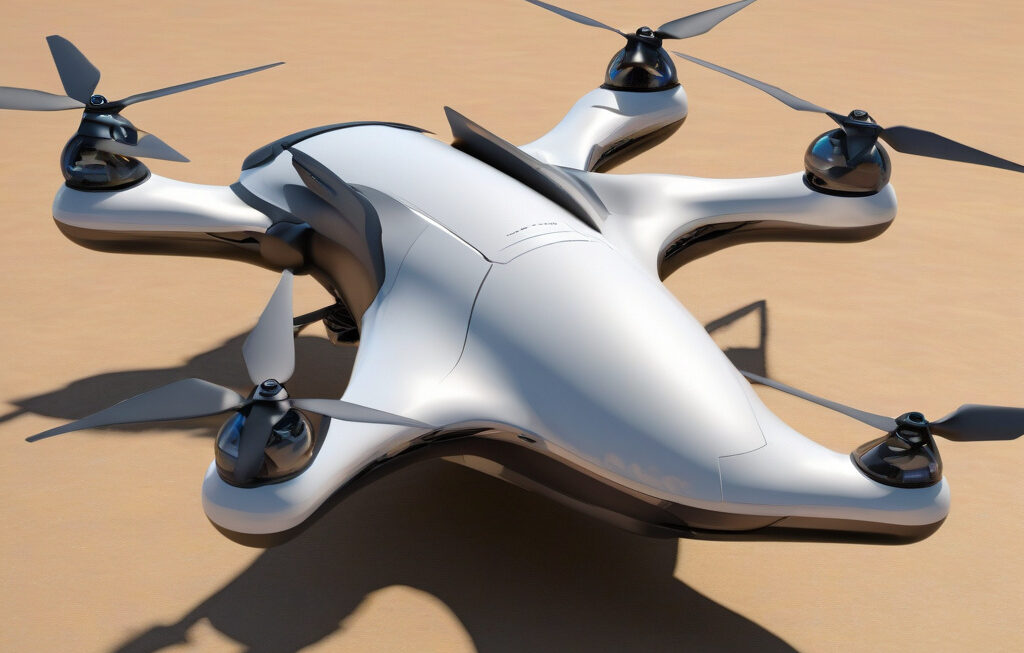AI Blood Test for Breast Cancer Enters Australian Clinics
A groundbreaking development in the field of breast cancer detection has emerged in the form of a new AI-powered blood test. This innovative approach utilizes artificial intelligence to analyze biomarkers, revolutionizing the way breast cancer is diagnosed and monitored. The introduction of this cutting-edge technology into clinics across Australia marks a significant milestone in the fight against this prevalent disease.
Traditional methods of breast cancer screening, such as mammograms and biopsies, have long been the primary tools used for detection. While these methods have proven effective, they can be invasive, time-consuming, and costly. The advent of the AI blood test offers a non-invasive and efficient alternative that has the potential to transform the landscape of breast cancer diagnosis.
One of the key advantages of the AI blood test is its ability to detect biomarkers associated with breast cancer at a molecular level. By analyzing specific proteins and genetic markers in the blood, the AI system can identify the presence of cancer cells with a high degree of accuracy. This not only streamlines the diagnostic process but also enables healthcare providers to detect the disease at an earlier stage, improving the chances of successful treatment outcomes.
Furthermore, the use of artificial intelligence in analyzing biomarkers offers a level of precision and efficiency that is unparalleled by traditional diagnostic methods. AI algorithms can process vast amounts of data rapidly, identifying patterns and anomalies that may not be apparent to the naked eye. This advanced analytical capability enhances the accuracy of the test results, reducing the margin of error and providing healthcare professionals with valuable insights to guide patient care.
The implementation of the AI blood test in Australian clinics represents a significant step forward in personalized medicine. By harnessing the power of AI to tailor treatment plans to individual patients based on their unique biomarker profiles, healthcare providers can deliver more targeted and effective interventions. This not only improves patient outcomes but also contributes to the overall efficiency of the healthcare system by optimizing resource allocation.
In addition to its diagnostic capabilities, the AI blood test also holds promise for monitoring disease progression and treatment response. By regularly analyzing biomarkers in the blood, healthcare providers can track changes in the patient’s condition over time and make informed decisions about adjusting treatment strategies. This real-time monitoring aspect of the test offers a proactive approach to managing breast cancer, enabling early intervention in case of any signs of recurrence or resistance to treatment.
As the AI blood test for breast cancer continues to gain traction in clinics across Australia, its impact on patient care and outcomes is poised to be substantial. By combining the power of artificial intelligence with the precision of molecular analysis, this innovative diagnostic tool has the potential to revolutionize the way breast cancer is detected, monitored, and treated. As researchers and healthcare providers further explore the possibilities of AI in oncology, the future of cancer care looks increasingly promising.
In conclusion, the introduction of the AI blood test for breast cancer into Australian clinics signifies a significant advancement in the field of oncology. By leveraging the capabilities of artificial intelligence to analyze biomarkers, this innovative diagnostic tool offers a non-invasive, efficient, and precise method for detecting and monitoring breast cancer. With its potential to transform personalized medicine and improve patient outcomes, the AI blood test heralds a new era in the fight against this complex disease.
breast cancer, AI technology, biomarker analysis, personalized medicine, healthcare innovation












